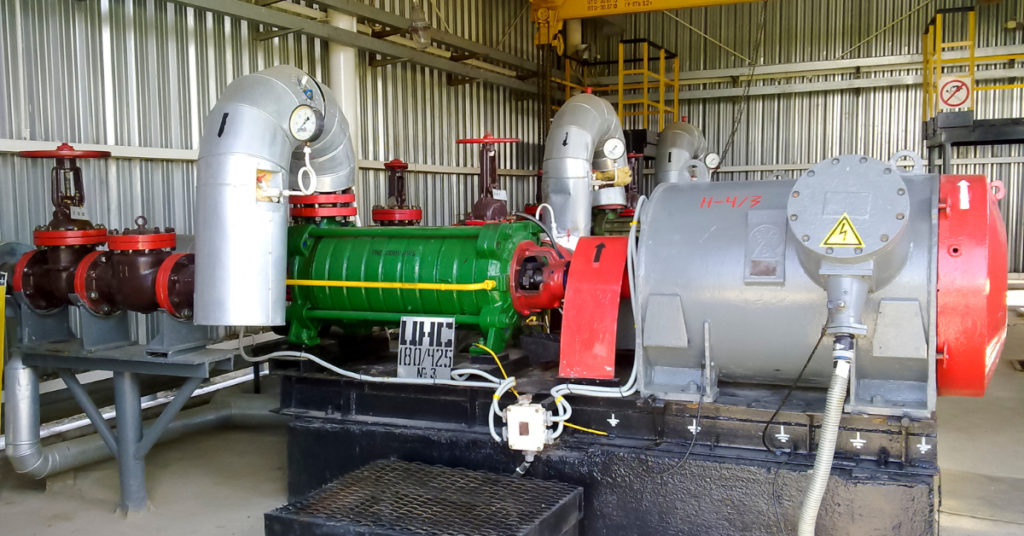Introduction
In the complex and demanding world of industrial fluid management, the choice of pump technology plays a pivotal role in ensuring operational efficiency and reliability. This article delves into the significance and applications of key pump technologies such as submersible drainage pumps, slurry pumps, priming pumps, mining pumps, and centrifugal pumps in various industrial scenarios.

Submersible Drainage Pumps: Enhancing Dewatering Efficiency
Submersible drainage pumps are integral to managing water in various industrial and construction settings. These pumps are designed to operate while submerged, making them ideal for draining water from deep surfaces like mines, pits, and flooded areas. Their robust design ensures they can handle large volumes of water laden with solids without clogging, thereby maintaining the continuity and efficiency of operations.
Slurry Pumps: Tailored for Harsh Mining Conditions
Slurry pumps are specially engineered to handle abrasive mixtures of liquid and solid particles typically found in the mining and mineral processing industries. These pumps are built with materials that resist wear and corrosion, enabling them to transfer thick, abrasive slurries over long distances without degradation, thus ensuring consistent performance under harsh conditions.
Priming Pump Technology: Ensuring Operational Readiness
Priming pumps are essential for operations where the pump casing must be filled with the fluid before starting. Self-priming pumps simplify this process by evacuating air from the pump and suction line, automatically priming the pumping system. This capability is crucial for applications with intermittent flow conditions, ensuring pumps are always ready to operate when needed.
Mining Pumps: Engineered for Optimal Mineral Extraction
In the mining industry, pumps must offer high durability and efficiency to manage the process of extracting and transporting minerals. Mining pumps are designed to withstand the rigours of mineral extraction, from pumping mineral-rich mud from deep underground to removing excess water that hinders mining operations. Their robust construction minimises downtime and maintenance costs, enhancing productivity.
Centrifugal Pumps: The Backbone of Fluid Movement
Centrifugal pumps are the most common type of pump used in various sectors, including agriculture, pharmaceuticals, and food processing. These pumps use a rotating impeller to create centrifugal force, pushing fluid outward from the centre of rotation, thus transferring fluid through a piping system efficiently. Their versatility and efficiency make them suitable for a wide range of applications, from simple water transfer to complex chemical processing.
Conclusion
The right pump technology not only contributes to the efficiency of industrial operations but also plays a critical role in safety and environmental management. Submersible drainage pumps, slurry pumps, priming pumps, mining pumps, and centrifugal pumps each serve distinct purposes that enhance the operational capacity of industries reliant on complex fluid management systems. As technology advances, the evolution of these pumps continues to offer enhanced solutions that meet the growing demands of modern industry, underscoring the importance of selecting the right pump for the right application to ensure optimal performance and reliability